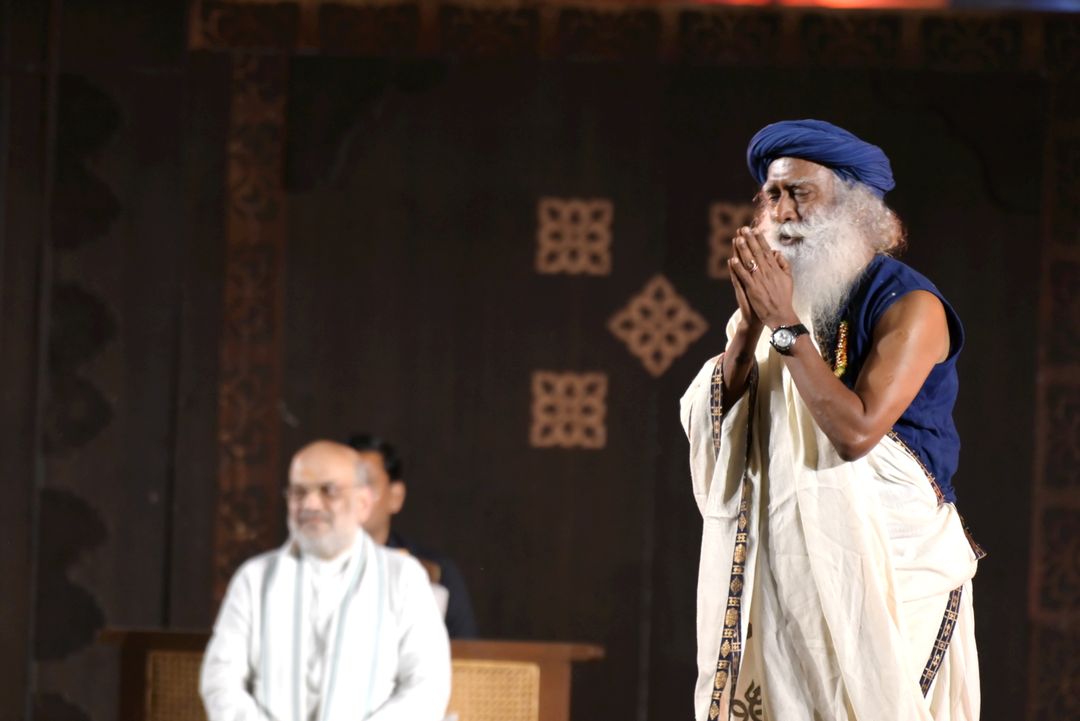
New Delhi, Feb 28: In a significant ruling, the Supreme Court has refused to interfere with the Madras High Court’s decision to quash the Tamil Nadu Pollution Control Board (TNPCB) notices against Isha Foundation over alleged environmental violations. The apex court also directed that no coercive action be taken against the foundation’s yoga and meditation centre in Coimbatore.
A bench comprising Justices Surya Kant and N Kotiswar Singh upheld the Madras High Court’s ruling that nullified TNPCB’s notices against Isha Foundation, led by spiritual leader Jaggi Vasudev. The case revolved around the foundation's construction activities in the foothills of the Velliangiri mountains without prior environmental clearance.
No Precedent for Illegal Construction
While providing relief, the Supreme Court clarified that its order should not be treated as a precedent for regularizing unauthorized constructions. The court underscored the need for Isha Foundation to comply with all environmental norms and abide by TNPCB’s directions.Tamil Nadu Advocate General P S Raman, representing the state government, stressed that the ruling should not serve as a “permanent gate pass” and that authorities should retain the right to conduct future inspections to ensure compliance.
Court's Focus on Compliance, Not Demolition
The bench emphasized that its concern was not about dismantling the structure but ensuring compliance with environmental regulations. Senior advocate Mukul Rohatgi, representing Isha Foundation, opposed state authorities' inspections, arguing that such actions would become repetitive.However, the Tamil Nadu government asserted that town and country planning authorities should be allowed to conduct inspections to prevent any unauthorized expansion, given the centre’s proximity to a protected forest. The court ruled that any future expansion of the centre would require prior approval from competent authorities.
TNPCB's Delayed Action Questioned
Earlier, on February 14, the Supreme Court had criticized the TNPCB for challenging the Madras High Court’s decision after a two-year delay. The bench labeled TNPCB’s move as a “friendly match” played by bureaucrats seeking the apex court’s endorsement of their petition’s dismissal.Background of the Case
The legal dispute stemmed from TNPCB’s 2021 showcause notice against Isha Foundation, citing unauthorized constructions between 2006 and 2014 without environmental clearance. However, the Madras High Court quashed the notice in December 2022, ruling that Isha Foundation fell under the category of an educational institution, which is exempt from such clearance requirements.The Centre had supported this classification, stating that the foundation not only offers yoga lessons but also runs a school, making it eligible for the exemption. However, the Tamil Nadu government countered that the exemption should apply only to a limited portion of the foundation’s over 2 lakh square metre premises.
During the case proceedings, the Centre further reinforced this stance by issuing a memorandum in May 2022, broadening the definition of educational institutions to include those imparting training essential for mental, moral, and physical development.
With the Supreme Court upholding the Madras High Court’s ruling, Isha Foundation has secured relief from immediate legal action. However, the foundation remains obligated to adhere to all environmental regulations and obtain necessary approvals for any future expansions.